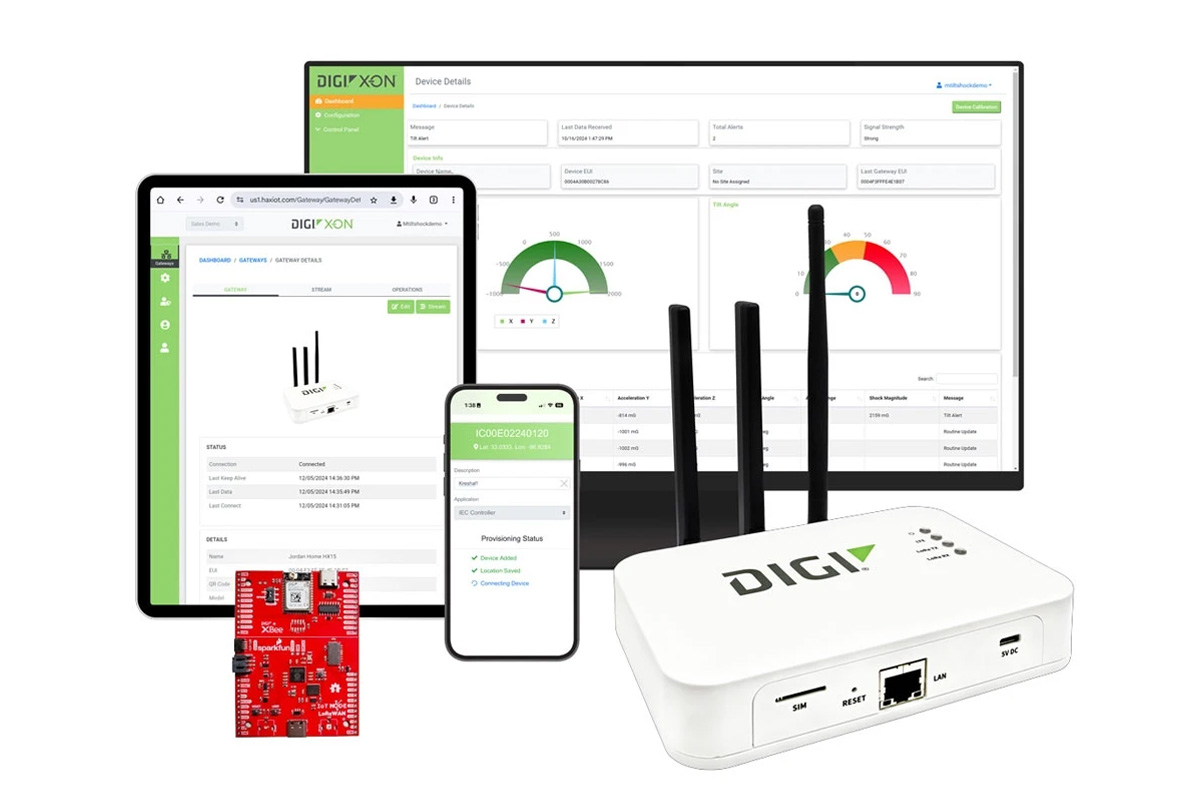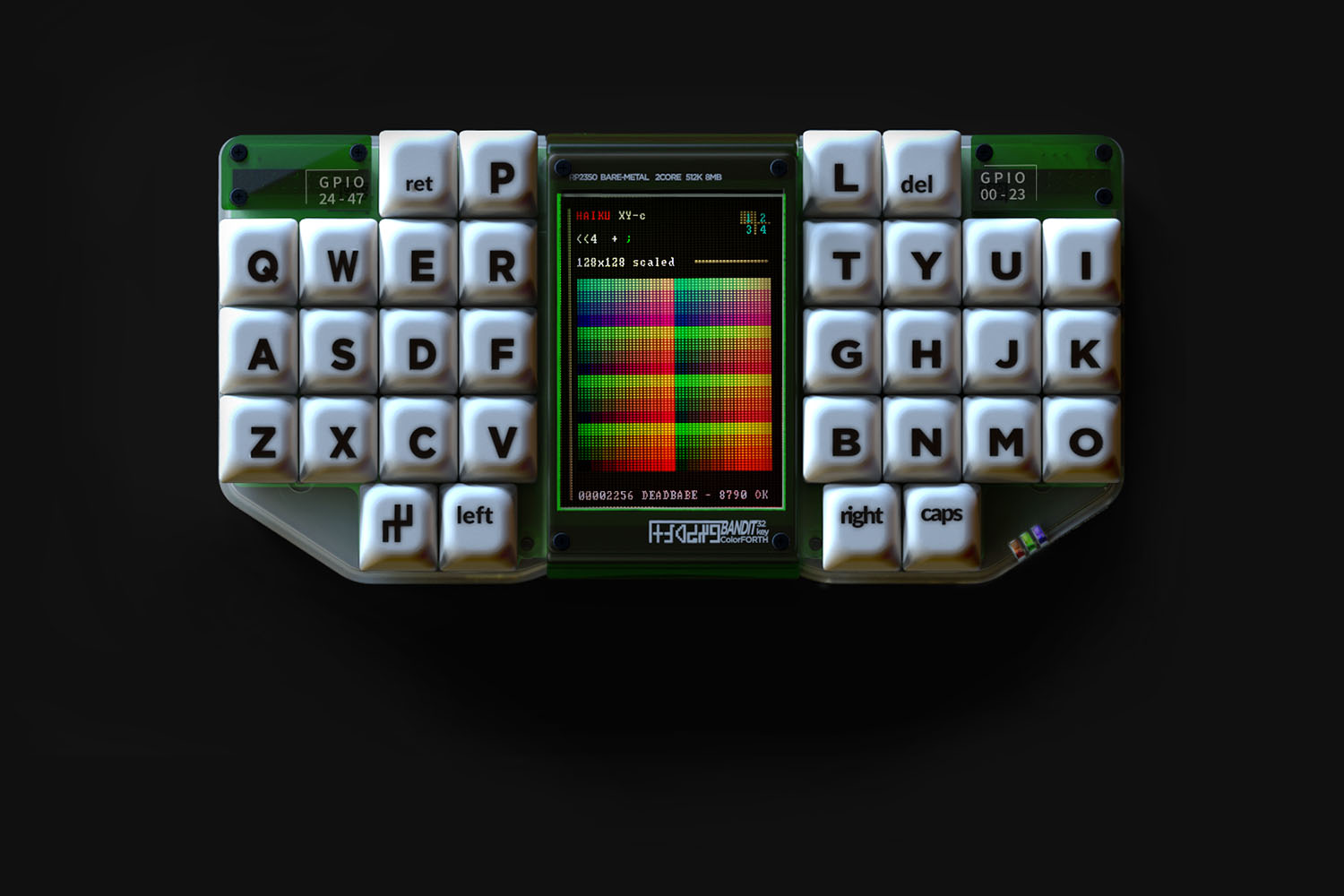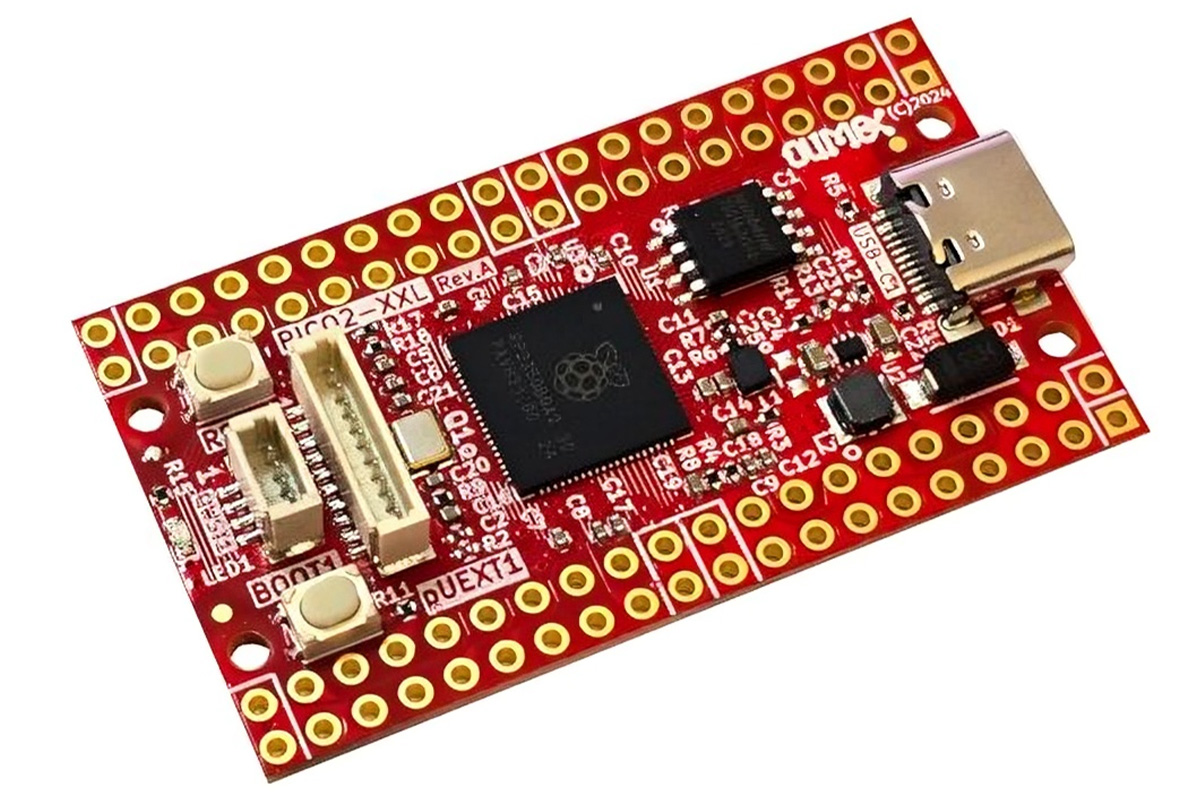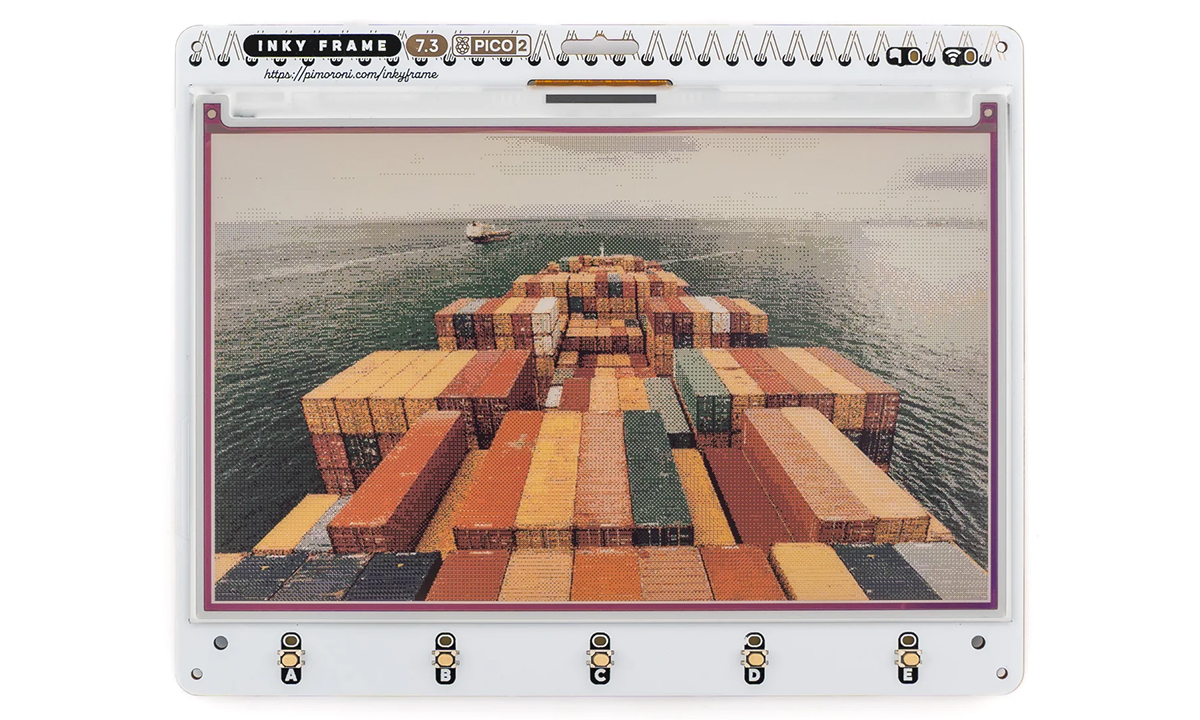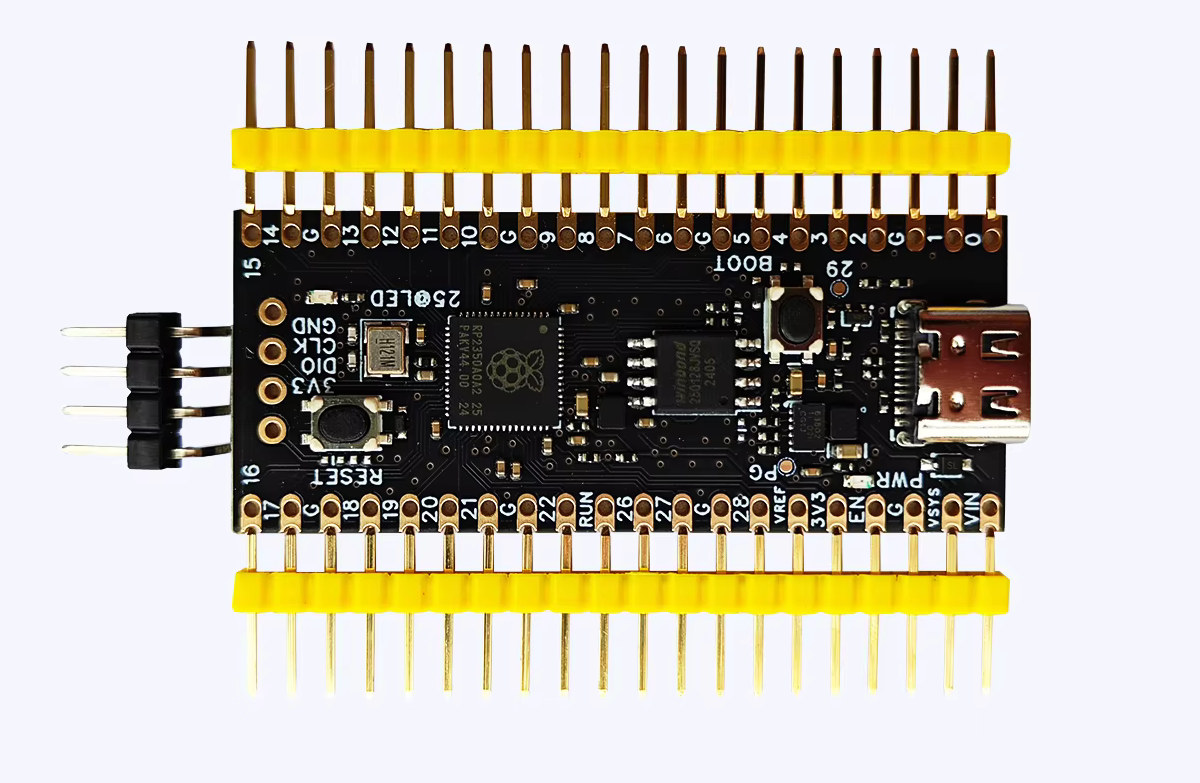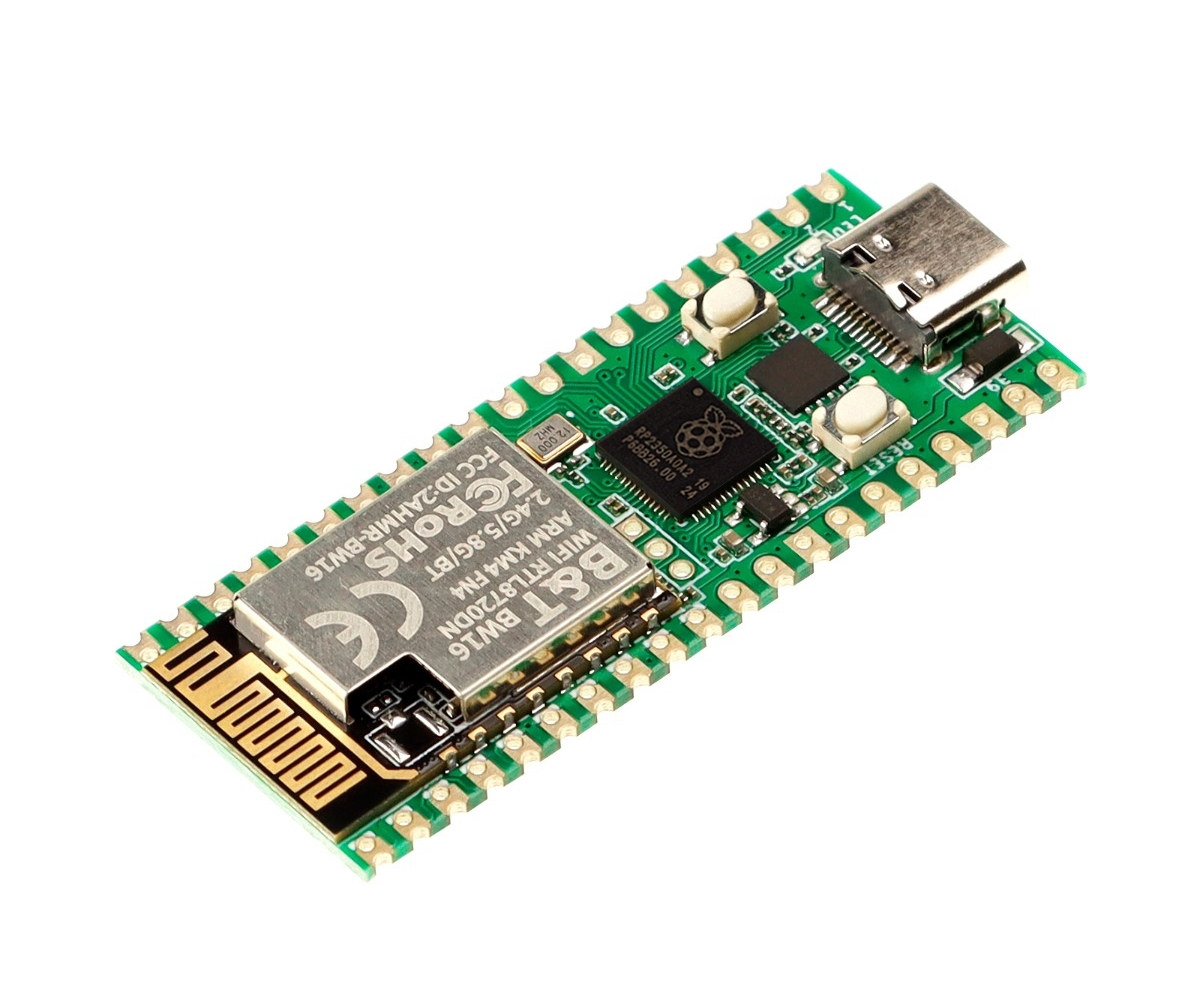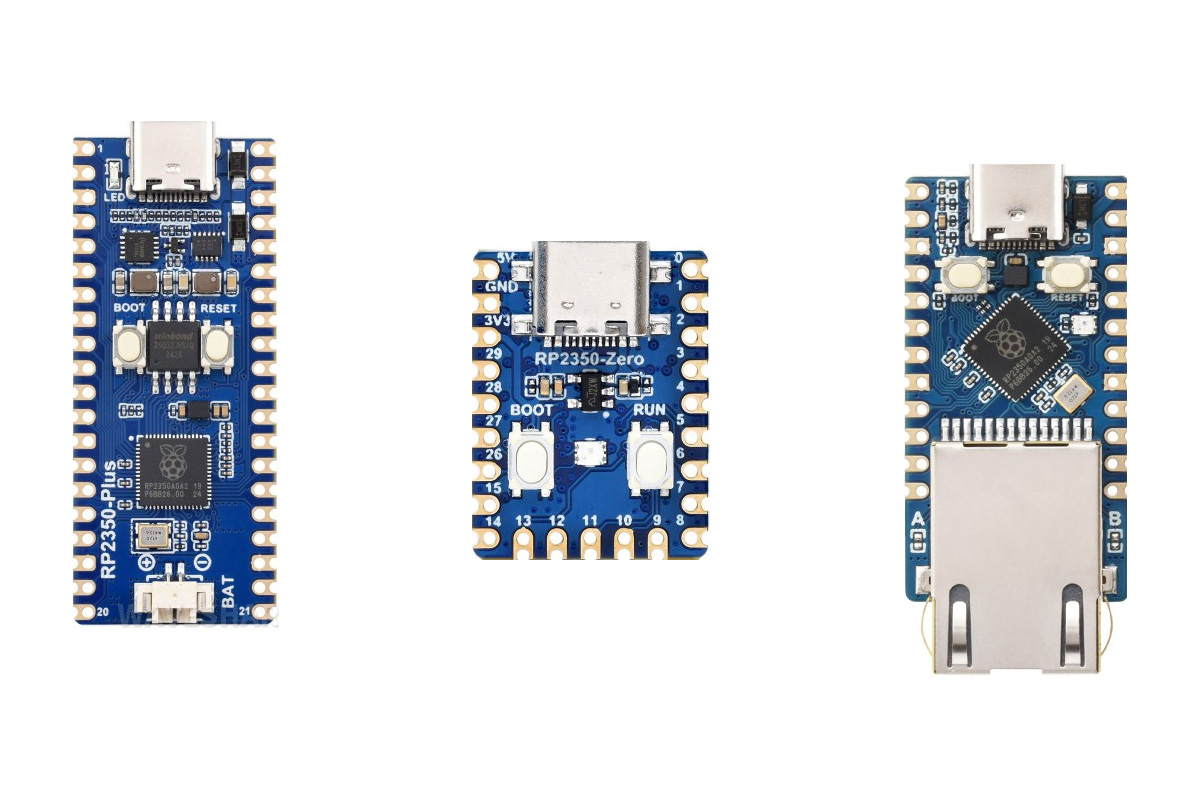SparkFun has recently released the Digi X-ON LoRaWAN development kit an all-in-one IoT development kit designed to simplify the setup and deployment of LoRa-based IoT systems. It includes the Digi HX15 Gateway, SparkFun IoT Node for LoRaWAN, and the ENS160/BME280 environmental sensor, enabling rapid prototyping and connectivity with the help of the Digi X-ON cloud platform. The SparkFun IoT Node is built around the Raspberry Pi RP2350 microcontroller, which features 16MB flash, 8MB PSRAM, multiple GPIOs, LiPo battery support, microSD storage, and USB-C connectivity. It also integrates the Digi XBee LR module for long-range LoRaWAN communication with pre-activated cloud connectivity. With an onboard Qwiic connector and Arduino support, this development kit is ideal for applications like industrial monitoring, environmental sensing, smart agriculture, remote data collection, and more. Digi HX15 gateway specifications Microprocessor – STMicro STM32MP157C MPU with dual-core Cortex A7 @ 650 MHz, Cortex-M4 @ 209 MHz with FPU/MPU, 3D […]
BANDIT PC32 standalone ColorForth keyboard computer is powered by the Raspberry Pi RP2350 microcontroller
BANDIT PC32 is a Raspberry Pi RP2350-powered keyboard computer that runs a graphically-oriented version of the ColorForth programming environment. The BANDIT PC32 is primarily aimed at on-the-go use for programming video games. The custom, 32-key split keyboard takes up most of the build, with a 3.2-inch 320 x 240 capacitive display in the center. It also features an HDMI port for connecting a larger external display. The 48-pin GPIO is divided into two female headers and can be used to interface with other devices directly. This is the second version of the Bandit standalone computer, building on an early prototype based on the RP2040 microcontroller. We have seen several interesting RP2350-based products like the Inky Frame 7.3”, 4D Systems display modules, and Jumperless V5 programmable breadboard. However, this is the first RP2350 standalone computer we have come across. It shares some similarities with the ESP32 Rainbow. BANDIT PC32 ColorForth specifications: […]
Open hardware RP2350B boards offer up to 16MB flash, 8MB PSRAM, microSD card slot, 48x GPIOs
Olimex has recently released the PICO2-XL and PICO2-XXL open-source hardware RP2350B development boards with up to 16MB flash, 8MB PSRAM, 48 GPIOs, a microSD card slot, and more. The main difference between the two boards is that the PICO2-XL includes 2MB of external QSPI Flash and a compact flat-bottom design, making it ideal for simpler, space-constrained projects. In contrast, the PICO2-XXL offers 16MB of QSPI Flash, 8MB of PSRAM, and a microSD card slot for expanded storage and performance, catering to more demanding applications like IoT and edge computing. Olimex PICO2-XL and PICO2-XXL specifications SoC – Raspberry Pi RP2350B MCU CPU Dual-core Arm Cortex-M33 @150MHz with Arm Trustzone Dual-core 32-bit Hazard3 RISC-V @ 150MHz Up to two cores can be used at the same time Memory – 520KB SRAM 8kB OTP storage Security – Secure boot Package – QFN-80; 10×10 mm Memory – 8MB PSRAM (PICO2-XXL only) Storage PICO2-XL – […]
Inky Frame 7.3″ is a 7-color ePaper display powered by a Raspberry Pi Pico 2 W
The Inky Frame 7.3″ is a Pico 2 W ePaper display featuring a 7.3-inch E Ink screen with 800 x 480 resolution and 7-color support. Other features include five LED-equipped buttons, two Qwiic/STEMMA QT connectors, a microSD card slot, and a battery connector with power-saving functionality. This Pico 2 W ePaper display is ideal for low-power applications such as home automation dashboards, sensor data visualization, and static image displays. E Ink technology ensures energy efficiency by consuming power only during screen refreshes while retaining images when unpowered. Flexible mounting options and included metal legs make it suitable for various setups. Previously, we covered the Waveshare 4-inch Spectra, a six-color ePaper display, along with other modules like the Inkycal v3, Inkplate 4, EnkPi, Inkplate 2, and more. Check them out if you’re interested in exploring these products. The Inky Frame 7.3″ specifications: Wireless module – Raspberry Pi Pico 2 W SoC […]
WeAct RP2350A_V20 is a cheap Raspberry Pi RP2350 board with up to 16MB flash
WeAct RP2350A_V20 may be the world’s cheapest Raspberry Pi RP2350 board around with a design similar to the official Raspberry Pi Pico 2, but featuring a black PCB, a Reset button, a USB-C port and offered with either 4MB or 16MB flash. WeAct is selling its RP2350 board for $3.47 (4MB) and $4.46 (16MB) respectively before shipping and potential taxes are taken into account. WeAct RP2350A_V20 specifications: SoC – Raspberry Pi RP2350A CPU Dual-core Arm Cortex-M33 @ 150 MHz with Arm Trustzone, Secure boot OR Dual-core RISC-V Hazard3 @ 150 MHz Up to two cores can be used in any combination Memory – 520 KB on-chip SRAM Package – QFN-60 Storage – 4 MB or 16MB on-board QSPI flash USB – USB Type-C 1.1 host/device connector for power and programming Expansion – 2x 20-pin headers 26x GPIO 2x UART 2x SPI controllers 2x I2C controllers 16x PWM channels 3x ADC […]
Pico W5 is a Raspberry Pi Pico 2 W alternative with RP2350 MCU, dual-band WiFi 4, 8MB flash
The Pico W5 is a Raspberry Pi RP2350 development board providing an alternative to the official Raspberry Pi Pico 2 W with dual-band (2.4GHz/5GHz) WiFi 4 and Bluetooth 5.0 connectivity through a B&T BW16 wireless module. Besides dual-band WiFi, there are a few other small changes compared to the Raspberry Pi Pico 2 W, including a USB Type-C connector, a larger 8MB flash, and a Reset button. As far as I know, it’s the first RP2350 board with 5GHz WiFi, as other RP2350 boards with WiFi, such as the Challenger+ RP2350 WiFi6/BLE5 and Pimoroni Pico Plus 2 W, only support 2.4GHz WiFi. Pico W5 specifications: SoC – Raspberry Pi RP2350 CPU Dual-core Arm Cortex-M33 @ 150 MHz with Arm Trustzone, Secure boot and Dual-core RISC-V Hazard3 @ 150 MHz Only two cores can be used at any given time Memory – 520 KB on-chip SRAM Security 8KB of anti-fuse OTP […]
4D Systems Raspberry Pi RP2350 display modules come in touch and non-touch options for embedded applications
4D Systems, an Australian company specializing in intelligent display solutions, has released Raspberry Pi RP2350-powered display modules with touch and non-touch options. The display modules are available in eight different sizes from 2.4-inch to 9.0-inch and different resolutions from 240×320 up to 800×480 pixels. They are “Powered by Raspberry Pi”-certified and leverage the Raspberry Pi RP2350’s dual-core architecture and security features for “secure, professional-grade applications that require modern UI”. 4D Systems is well-known for its high-quality displays designed for developers looking to create sophisticated user interfaces in embedded systems. There are four touch panel options for each gen4-RP2350 display module: non-touch, resistive touch, capacitive touch, and capacitive touch with a cover lens bezel (CLB). The gen4-RP2350 series also features a 30-pin FPC/ZIF socket to fit a 0.5mm pitch FFC for connecting a motherboard or accessory board. We have already covered Waveshare’s RP2350-LCD-1.28 display module but the gen4-RP2350 display modules are […]
Waveshare launches three RP2350 USB-C development boards with castellated design, battery support, built-in Ethernet port
Waveshare has announced four new USB-C and USB-A development boards based on the Raspberry Pi RP2350 MCU: the Waveshare RP2350-Plus dev board, the Waveshare RP2350-Zero Mini dev board, the Waveshare RP2350-ETH Mini dev board, and the Waveshare RP2350-GEEK USB dev board. The RP2350-Plus is a low-cost, high-performance Pico-like development board with the RP2350 MCU, various I/O, battery support, USB Type-C, and compatibility with Raspberry Pi Pico modules. The RP2350-Zero Mini is another compact dev board with castellated pins, 29 GPIOs, USB Type-C, PIO, and versatile peripheral support, ideal for IoT, robotics, and embedded systems. The RP2350-ETH Mini dev board has Ethernet support and various GPIO functionalities, making it ideal for IoT development. Like any other RP2350 board, the Waveshare RP2350 boards support C/C++ and MicroPython SDKs with drag-and-drop firmware flashing via USB mass storage. Waveshare RP2350-Plus development board The Waveshare RP2350-Plus is a low-cost development board that comes in a […]


